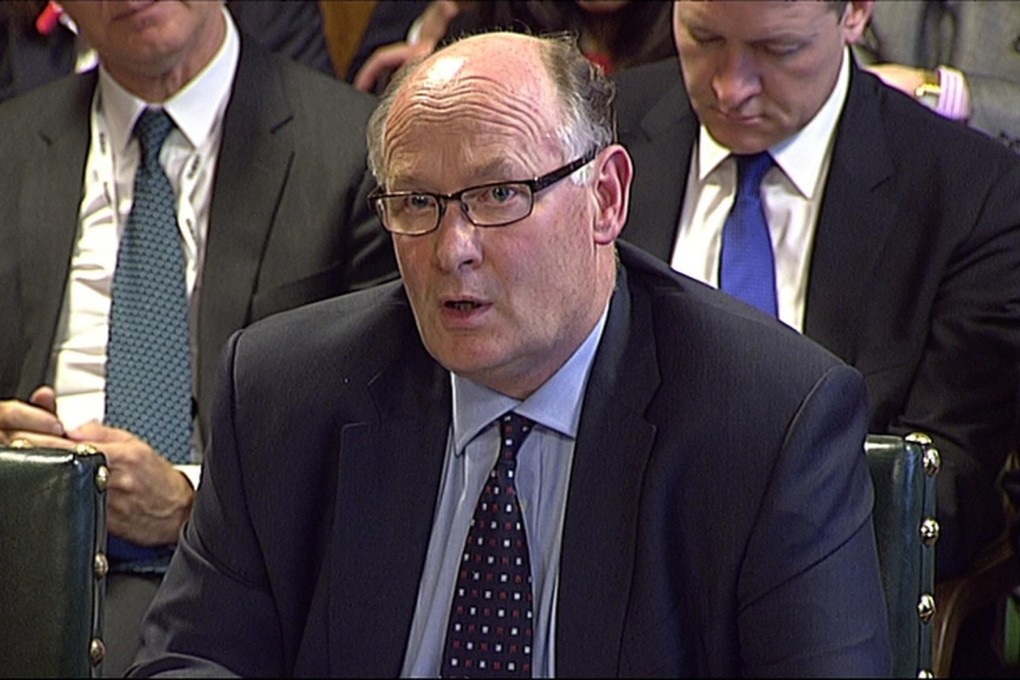
Will HSBC Holdings' chairman Douglas Flint hold on to his job amid the turmoil swirling around the banking giant and the revelations about its Swiss business?
An article in the quotes from a speech Flint made in April 2013 in which he said: "[Banking] supervisors should care more about tone from the top, how ethics and values are taught and reinforced, how values are enforced and rewarded, and how an organisation looks for and adapts to changing expectations within the communities it serves." It then suggests that "for the good of his own reputation as well as that of his institution and British banking, Mr Flint should go".
The writer is Robert Jenkins, a former member of the Bank of England's financial policy committee and a senior fellow at that describes itself as a nonprofit organisation that promotes the public interest in financial reform in the domestic and global capital and commodity markets.
Flint and chief executive Stuart Gulliver received a pasting when they appeared before a parliamentary committee and were asked why they had not resigned. Much of this, it has to be said, was political grandstanding by legislators with an eye on an impending general election.
The Swiss scandal goes back to 2007, which is some time before 2012, when Flint and Gulliver were appointed to their current roles. They will probably survive their British inquisition, but their big worry must be the US where regulators are more ferocious. But even if they do survive, the question is should they in any case resign for the sake of their own and the bank's reputation? The answer must surely be no given that these events didn't happen on their watch and they say they have new control structures in place. But they must know that they are now on thin ice and if another scandal emerges, they are unlikely to survive.

